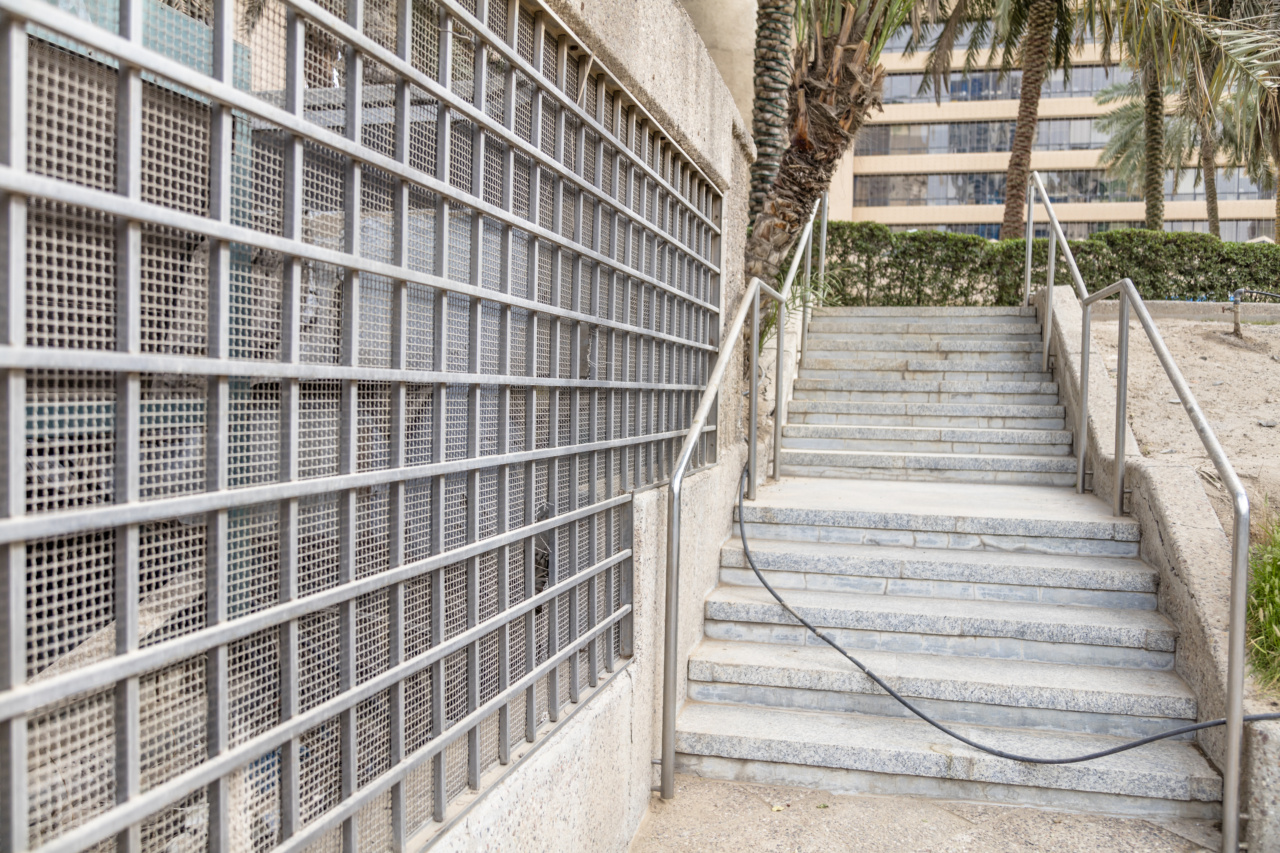One of the most common causes of constipation is dehydration. When your body lacks enough water, it can lead to the hardening of stool and difficulty passing bowel movements.
To prevent and treat constipation, it’s essential to stay adequately hydrated throughout the day.
Make sure to drink at least eight glasses of water daily. You can also include other hydrating fluids such as herbal teas, fresh fruit juices, and clear soup in your routine.
Avoid excessive intake of caffeinated and alcoholic beverages as they can further dehydrate your body.
Step 2: Increase Fiber Intake
Fiber plays a crucial role in maintaining regular bowel movements. It adds bulk to your stool, making it easier to pass through the intestines. Lack of fiber in your diet can lead to constipation and other digestive issues.
Include high-fiber foods in your daily meals, such as fruits, vegetables, whole grains, legumes, and nuts. Aim to consume at least 25-30 grams of fiber per day.
Additionally, you can opt for fiber supplements like psyllium husk if you’re unable to meet your daily fiber requirements through your diet alone.
Step 3: Exercise Regularly
Physical activity is not only beneficial for your overall health but also for treating constipation. Regular exercise stimulates the muscles in your gastrointestinal tract, promoting healthy digestion and preventing constipation.
Engage in moderate-intensity exercises such as brisk walking, jogging, cycling, or swimming for at least 30 minutes every day. Remember to start slowly if you’re new to exercise and gradually increase the intensity and duration over time.
Step 4: Establish a Regular Bathroom Routine
Establishing a consistent bathroom routine can train your body to have regular bowel movements. Try to set aside a specific time every day, preferably after meals, to visit the bathroom.
This routine can help regulate your body’s natural bowel movements and prevent constipation.
It’s also important not to ignore the urge to have a bowel movement. Make it a habit to use the restroom whenever you feel the need, as delaying it can lead to the reabsorption of water in the stool, making it harder to pass.
Step 5: Manage Stress Levels
Stress can have a significant impact on your digestive system, often leading to constipation. When you’re stressed, your body’s natural rhythm can get disrupted, affecting various bodily functions, including bowel movements.
Practice stress management techniques such as deep breathing exercises, meditation, yoga, or engaging in activities you enjoy. Taking time for relaxation and self-care can help alleviate stress and promote healthy digestion.
Step 6: Consider Over-the-Counter Remedies
If the above steps do not relieve your constipation, you may consider using over-the-counter remedies to facilitate bowel movements. These remedies include:.
1. Bulk-forming laxatives: These increase stool bulk, making it easier to pass.
2. Osmotic laxatives: These help retain water in the stool, softening it.
3. Stimulant laxatives: These stimulate the intestines, speeding up bowel movements.
It is important to consult with your healthcare provider or pharmacist before using any over-the-counter remedies to understand the correct dosage and potential side effects.
Conclusion
Constipation can be uncomfortable and affect your overall well-being. By following these six easy steps, you can manage and prevent constipation effectively:.
1. Stay Hydrated.
2. Increase Fiber Intake.
3. Exercise Regularly.
4. Establish a Regular Bathroom Routine.
5. Manage Stress Levels.
6. Consider Over-the-Counter Remedies.
Incorporating these habits into your lifestyle can help keep your digestive system healthy, promote regular bowel movements, and alleviate constipation.






























